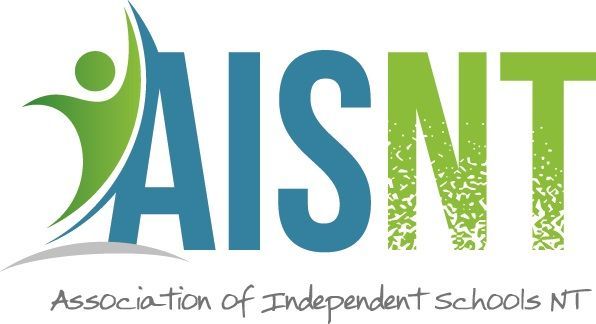Parents & Community/
Education Framework
Assessment Programs in NT Independent Schools
Independent Schools in the Northern Territory participate in a range of Assessment Programs, both Nationally and Internationally.
'The primary purpose of assessment is to improve students' learning and teachers' teaching as both respond to the information it provides. Assessment for learning is an ongoing process that arises out of the interaction between teaching and learning.
'Assessment for, as and of learning all have a role to play in supporting and improving student learning, and must be appropriately balanced. The most important part of assessment is the interpretation and use of the information that is gleaned for its intended purpose. Assessment is embedded in the learning process'.
National Assessment Programs
International Assessments
The National Assessment Program (NAP) also includes the delivery of international sample assessments which are overseen by international organisations.
The Northern Territory Board of Studies (NTBOS) provides and receives advice from the Minister and Chief Executive on:
- Curriculum for all students in the Northern Territory
- Policy and procedures for assessment, reporting and certification
- monitoring, evaluating and reporting on student outcomes
- consultation with representative authorities engaged in education.
Find out more on the DEPARTMENT OF EDUCATION WEBSITE
Northern Territory Board of Studies Awards
The Northern Territory Board of Studies (NTBOS) holds annual award ceremonies to recognise the achievements of students in government and non-government schools across the Northern Territory.
In addition to awards for the Territory's top 20 NT Certificate of Education and Training completers, merit awards for Stage 2 board-accredited subjects and industry-sponsored awards, schools nominate students for the following award categories:
- Administrator's Medal
- School-based Apprentice/Trainee of the Year
- Vocational Education and Training in Schools Awards
- Karmi Sceney Aboriginal Excellence and Leadership Awards
- Sally Bruyn Senior Primary School Science Award.
For more information of the Northern Territory Board of Studies Awards, visit the NTBOS AWARDS WEBSITE.
Year 12 students in Northern Territory Independent Schools graduate at a higher rate than students in other schools, and are significantly more likely to achieve elite results.
At the 2022 NT Board of Studies Awards, students participating in Year 12 programs at Independent Schools in the Northern Territory were rewarded for their outstanding achievements in their studies, with eleven students attaining a position in the Top 20 Northern Territory Certificate of Education and Training (NTCET) Student Awards. Fifteen students received Certificates of Merit for Northern Territory Certificate of Education and Training (NTCET), which are awarded to students who achieved an A+ for a subject.
We are particularly proud of the way our schools nurture and support students. High academic achievement goes hand in hand with student wellbeing, holistic education and access to excellence at secondary providers SEDA College, Good Shepherd Lutheran College, Haileybury Rendall School, Marrara, Sattler and Palmerston Christian Schools, St Philip’s College, The Essington School Darwin Tiwi College and Yirara College.
We thank the dedicated teachers, school leaders and community members who work so hard to make this happen. Most of all, congratulations to our families who choose Northern Territory Independent Schools, and our hard working Year 12s who dare to aim high.
Australian Independent school students rank amongst the world’s top performers

